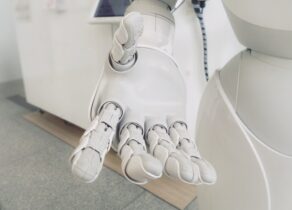The field of longevity medicine is reinvigorating. Until recently, the initiative of slowing and reversing ageing was not considered ‘proper science’ or a reasonable use of public funds.
Ageing was regarded as an unavoidable and permanent component of the human condition. It was not a disease but rather a susceptibility to disease that develops over time and cannot be reversed. The medical establishment viewed people who argued against it as entertaining mavericks at best and disreputable charlatans at worst.
The sneering has not gone away entirely, but there is now a significant investment in addressing ageing, rather than just the diseases that emerge with age, such as cancer, heart attacks, and Alzheimer’s.
Funding and approval are in place for the TAME (Targeting Aging With Metformin) project, showing that the medical profession is engaging in tackling the ageing process.
Billionaire cryptocurrency community members are emerging as the most prominent anti-ageing promoters, such as Richard Heart. The interest from influential figures could lead to sizable donations in the field and lead the fight against ageing.
Artificial Intelligence Addresses Longevity
Applying modern artificial intelligence techniques to healthcare, particularly deep neural nets and reinforcement learning, is one reason for the shift in attitudes toward ageing. Neural networks are data-processing algorithms that work in layers, with each layer taking data from the previous layer as input and passing an output up to the next layer.
The outcomes do not have to be binary, but they can be weighted. Reinforcement learning algorithms adapt their approach in response to feedback from their surroundings.
A significant contribution of AI towards anti-ageing is something known as ageing clocks.
Age is much more than how many birthdays you’ve had. Stress, sleep, and diet all have an impact on how our organs deal with the wear and tear of daily life, which may cause you to age faster or slower than people born on the same day. That means your biological age may differ significantly from your chronological age—the number of years you’ve lived.
Your biological age is more likely to reflect your physical health and even mortality than your chronological age. However, calculating it is far from simple. Scientists have spent the last decade developing ageing clocks, which analyse markers in your body to determine your biological age.
The basic idea behind ageing clocks is that they will tell you how much your organs have degraded and, thus, how many healthy years you have left. The accuracy of hundreds of ageing clocks developed in the last decade, on the other hand, varies greatly. And scientists are still debating an important question: What does it mean to be biologically young?
When an AI is trained to predict age using specific types of biological data, it learns biology. The hope is that these AIs will eventually help us understand how ageing works.
Read the full article here.






